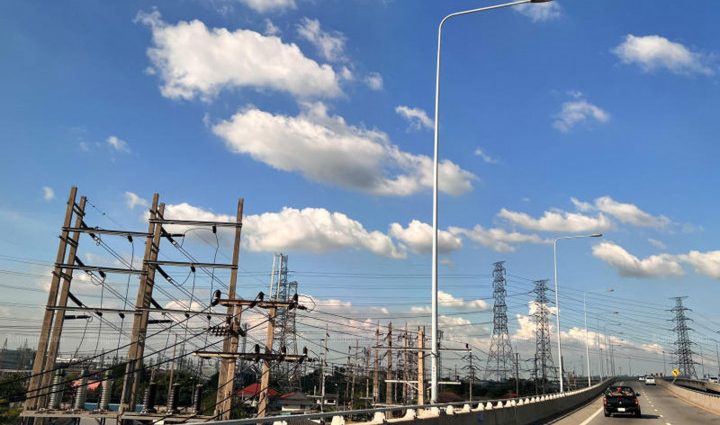
The government is defending its decision to raise the fuel tariff (Ft) price for households from May to August as suitable after the government’s 3.2-billion-baht subsidy for vulnerable groups ends in April.
Yesterday, government spokesman Anucha Burapachaisri said the move was a resolution agreed upon during the Energy Regulatory Commission’s (ERC) meeting.
The ERC has decided to increase power bills for households from 4.72 baht per kilowatt-hour (unit) in the January-April billing period to 4.77 baht in the May-August billing period. The ERC will apply a single power tariff rate for both households and businesses after April.
However, Mr Anucha said that as global energy prices are falling, this might lower electricity prices in the future. He added that the Ft rate is renewed every four months to adjust electricity prices in accordance with the production budget.
Nonetheless, despite the rise — which has aggravated the public given the expected increase in electricity use during the summer months — the government has proposed to give subsidies to people in vulnerable groups whose households use less than 300 units per month from January to April. They will get a cut-off from the Ft before the VAT calculation.
Isares Rattanadilok na Phuket, Vice President of the Federation of Thai Industries, on Wednesday urged the government to halt the rise of Ft rates in the May-August billing period.
Mr Isares noted that Thailand’s fuel production cost had been steadily dropping. The price of liquefied natural gas (LNG) is currently at US$13 (445 baht) per MMBTU, yet the ERC is still using the LNG’s rate for January, which was US$20. “The FTI deems the decision inefficient and hopes the government will reconsider before the decision is enforced in May,” he said.

